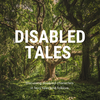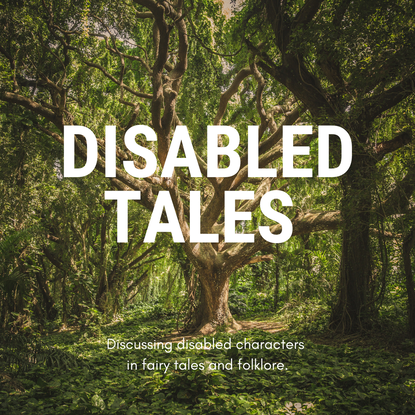Frequently Asked Questions
Here's some extra information about submitting to Disabled Tales. We'll add to this as and when more common questions arise!
IS THERE A DEADLINE?
No! We are accepting submissions for the foreseeable future. If we plan to close them, it will only be temporary and we will provide plenty of notice.
IF SUBMITTING AN ESSAY, ARE REFERENCES REQUIRED?
In terms of references, you can absolutely cite them. We want to encourage as broad a range of submissions as possible, so if people prefer to write their thoughts in an informal manner, we’re happy for that, but are absolutely open for a more traditional essays, too.
If you plan to reference, we prefer an author-date style of reference with a bibliography at the end, as opposed to footnote referencing.
References don’t count towards word count.
If you plan to reference, we prefer an author-date style of reference with a bibliography at the end, as opposed to footnote referencing.
References don’t count towards word count.
DO YOU ACCEPT PREVIOUSLY PUBLISHED WORK?
We prefer original, unpublished work and are much more likely to accept and publish something new. If we accept you work for publication, we are happy to include links to other relevant works if you wish, or you may mention them in your author bio.
However, you may still send is previously published work if you think it is a perfect fit for Disabled Tales. You would need to own the rights to the story but we would, of course, credit the original site of publication.
However, you may still send is previously published work if you think it is a perfect fit for Disabled Tales. You would need to own the rights to the story but we would, of course, credit the original site of publication.
About Our collaboration with the Folklore Library and Archive
The Folklore Library and Archive is an independent library and archive, physically based in the South West of the UK, which aims to preserve an ever-growing repository of research material in the field of folklore for future generations of researchers. We hope to do this both through a physical library of books and other materials and also via digitisation.
Disabled Tales is working with The Folklore Library and Archive to preserve our contents for the future study of folk and fairy tales. Essays, stories, poetry and artwork we accept for publication will be added to The Folklore Library archive unless contributors request otherwise in their submission email.
Disabled Tales is working with The Folklore Library and Archive to preserve our contents for the future study of folk and fairy tales. Essays, stories, poetry and artwork we accept for publication will be added to The Folklore Library archive unless contributors request otherwise in their submission email.


